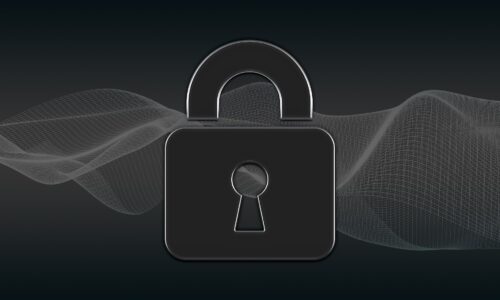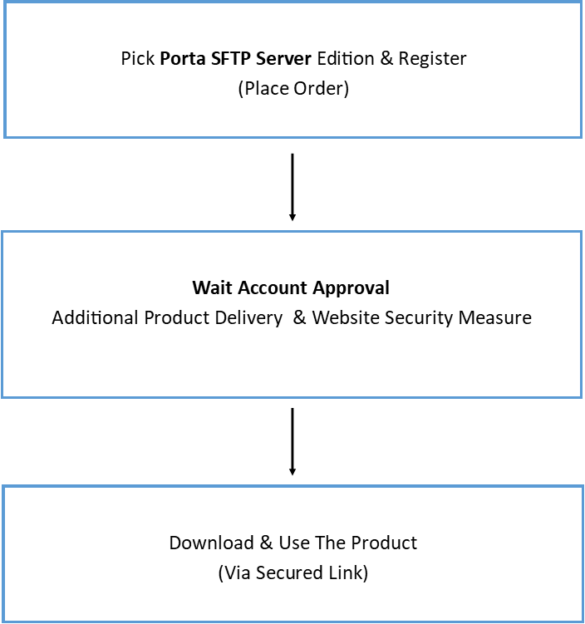Post Contributed By: Cody McBride
Small business owners have a lot on their plates. Invoices need to be paid, orders need to be filled, books need to be balanced… But do you ever consider whether your website is as secure as it can be? Cybercrime is on the rise. According to the annual report published by the Ponemon Institute and IBM, the average cost of a data breach is $3.86 million. You can’t afford that — and neither can your customers. Follow along as we investigate the best ways to make sure your website is secure and your customers’ information is safe.
Are you ready to improve your security posture? Partnering with the cybersecurity experts at PORTA SFTP SERVER would be a great step toward that goal. PORTA SFTP SERVER is different from other competitors because we create innovative solutions and engage directly with our clients to ensure they receive the attention they need. Please contact us today for more information.
Keep your software up-to-date
There is a reason security experts always tell you to upgrade your software and make sure all updates are installed promptly. System updates include new features, bug fixes, and perhaps most importantly, security patches for recently discovered vulnerabilities. Most malicious threats are caused by vulnerabilities or flaws in the software that hackers can find and exploit. Therefore, keeping your devices (computers, smartphones, watches, etc.) up to date is critical for maintaining an effective security strategy.
Make backups of important information
Maintaining business continuity is critical, and in the event of a cybercrime incident, you want to make sure you have your data backed up so you don’t have to start from square one. This can become crucial in the event of a ransomware attack, for instance, during which a malicious program may lock significant portions of your data until a fee is paid. Don’t get backed into this corner. Make sure you are creating backups of your business data regularly (creating a regimen is advised) to the cloud storage of your choice or on a local drive that you have made the pertinent disaster-readiness precautions with. For instance, don’t keep your data backups on-site unless they are in a fire-safe, indestructible location (always plan for the worst).
Pay attention to the network
To protect your own computer, ensure you are always connecting to a network that you trust and that you are sure remains secure. To bolster your security when connecting to the internet, especially when you are on a public Wi-Fi network, consider installing and using a virtual private network (VPN) client on your machine. A VPN hides your IP address and encrypts the data your computer is sending to your internet service provider (ISP), resulting in higher security.
Hire freelance cybersecurity professionals
Another way to strengthen your security posture is to consult with professionals. For example, you can hire a cybersecurity expert to help you avoid a cyberattack. This person will develop strategies to mitigate risk, perform threat analyses, and run security tests against your site. It is this person’s job to find vulnerabilities in your system — cracks in your armor, as it were — so they can find ways for you to be better. If you’re not sure how to go about hiring for a role in cybersecurity services, visiting online freelance hiring websites allows you to weigh reviews, costs, and timelines before making a decision.
Partner with managed services providers like PORTA SFTP SERVER
Managed services providers like PORTA SFTP SERVER consider cybersecurity and all the moving parts associated with it to be their bread and butter. This is their job; they know all the secrets to make sure your (and your clients’) data is protected.
Photo courtesy of Pixabay on Pexels






